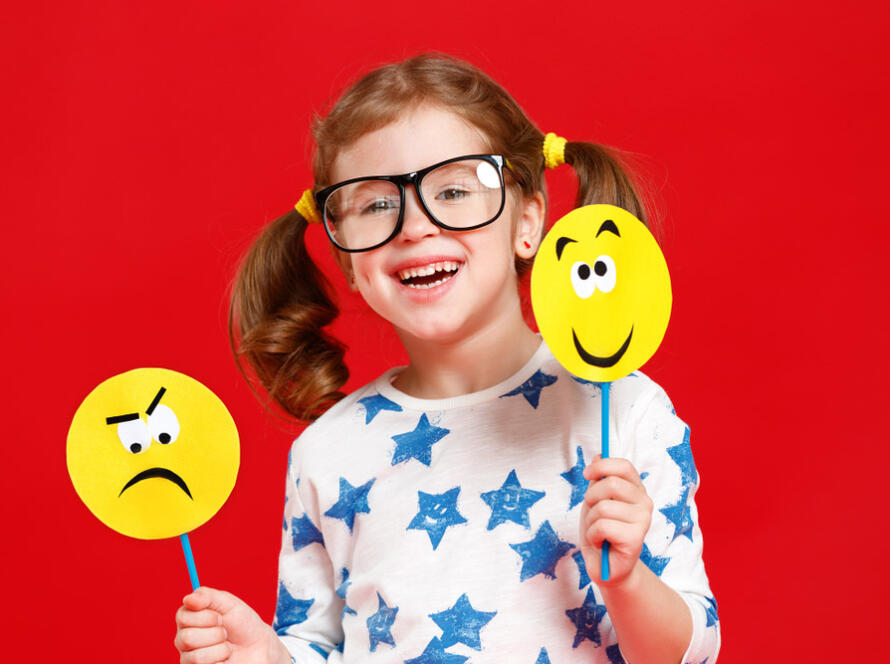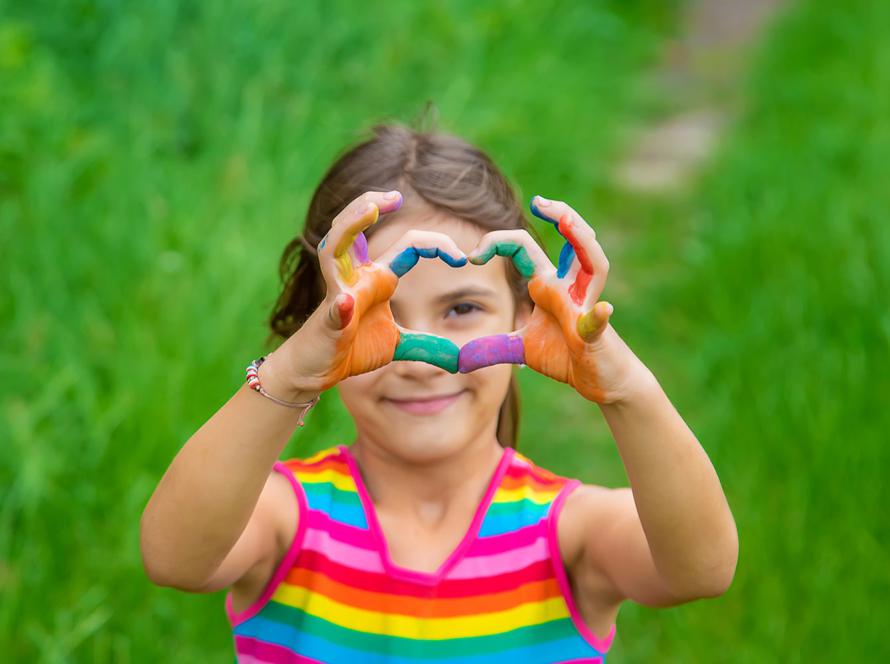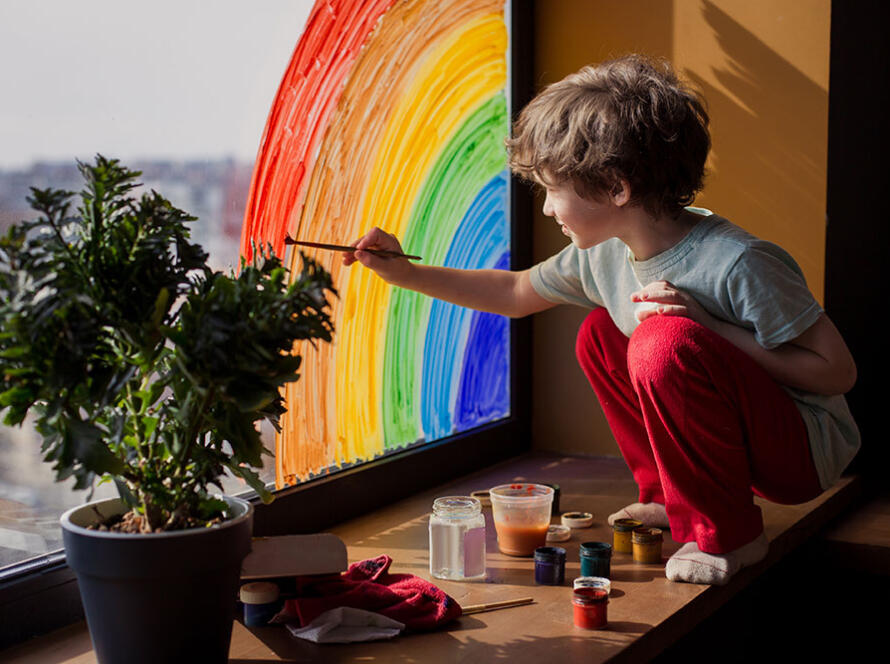Hey there, fellow parents and teachers! How much attention do you pay to your children’s socializing development? Or do you just expect them to learn these skills over time? Socializing in early childhood is actually a big deal, and it’s way more than just teaching kids to share their toys. It’s about helping them navigate the wild world of human interactions, from making friends to understanding emotions. But don’t worry, you’ve got this! In this article, we’re going to dive into what socializing really means for young children and how you can help unlock their potential.
Understanding the Importance of Socializing in Early Childhood
The socializing process is a crucial aspect of a child’s overall development, shaping their ability to form relationships and navigate the world around them. As parents and educators, you play a vital role in fostering children’s social skills from an early age.
Why Social Skills Matter for Your Children’s Socializing Skills
Children with strong social abilities tend to have better academic performance and higher self-esteem. These skills lay the foundation for future success in both personal and professional realms. So, by encouraging social development, you’re equipping your kids with tools they’ll use throughout their lives.
Key Areas of Socialization
Focus on helping children develop empathy, communication, and cooperation. Encourage them to share, take turns, and express their feelings appropriately. These fundamental skills form the building blocks of healthy social interactions. By practicing these habits early, children grow into well-rounded adults who respect others and confidently share their opinions.
Supporting Social Development Through Education
Incorporate social learning into daily activities. Use storybooks that highlight friendship and teamwork to reinforce positive social behaviors. Ask them to comment on the stories you read together and to try to describe their favorite characters and their actions. That way, not only will they understand the story better, but they will also learn to keep an open mind when communicating with different people.
Remember, education isn’t just about academics – it’s about nurturing adaptable individuals who can thrive in social settings.
Key Milestones of Socializing for Young Children
As your little ones embark on their socializing journey, you’ll witness some amazing transformations. Children’s social development is a fascinating process that unfolds in stages, each bringing new skills and challenges.
Building Blocks of Interaction
Watch as your kids progress from parallel play to cooperative adventures. Around age 2-3, they’ll start showing interest in other kids, though they might still play side-by-side rather than together. By 4-5, you’ll see them engaging in group play, sharing toys, and even creating elaborate pretend scenarios with friends.
Emotional Intelligence Emerges from Children’s Socializing Skills
Another crucial aspect of socializing is understanding and managing emotions. You’ll notice your children starting to recognize different feelings in themselves and others. This emotional awareness is key to forming lasting friendships and navigating social situations in school and beyond.
Communication Blossoms
Language skills explode during early childhood, opening up new avenues for social interaction. Your little chatterboxes will go from simple words to complex sentences, enabling them to express needs, share ideas, and participate in group discussions. This verbal prowess is a game-changer in their education and social lives.
Remember, every child’s path in social development is unique. Embrace the journey and provide plenty of opportunities for your little social butterflies to spread their wings!
Practical Strategies to Nurture Your Children's Socializing Skills
Want to boost your child’s socializing skills? Here are some fun and effective ways to support their social development.
Create Opportunities for Interaction
Arrange playdates, enroll them in group activities, or visit local playgrounds. These settings allow children to practice social skills in real-world scenarios. Remember, education isn’t just about books – it’s about learning to navigate the social world too. The more children interact with others, the easier it will be for them to participate in social activities with time.
Model Good Social Behavior to Help Your Children’s Socializing Development
Children are like sponges, absorbing everything around them. Show them how to interact positively with others. Use polite language, practice active listening, and demonstrate empathy. Play with them and show them how much fun sharing their toys and engaging in group activities can be. Your actions speak louder than words in shaping your child’s social growth.
Encourage Emotional Intelligence
Help your child recognize and express their feelings. This crucial aspect of children’s social development lays the foundation for healthy relationships. Use storybooks to discuss characters’ emotions and role-play different social situations.
By implementing these strategies, you’re not just fostering social skills – you’re setting your child up for success in all areas of life. Remember, every child develops at their own pace, so be patient and consistent in your support.
Conclusion
The basics of socializing lay in those crucial early years. Remember, you play a huge role in shaping your little ones’ social skills. Don’t stress if things aren’t perfect – kids develop at their own pace. The key is to keep providing opportunities for interaction and gently guiding them along the way. Before you know it, you’ll be watching your kiddos confidently navigate friendships and social situations like pros. Keep up the great work, and don’t forget to celebrate the small victories. You’ve got this, and your children are lucky to have such a caring, involved adult in their corner!








